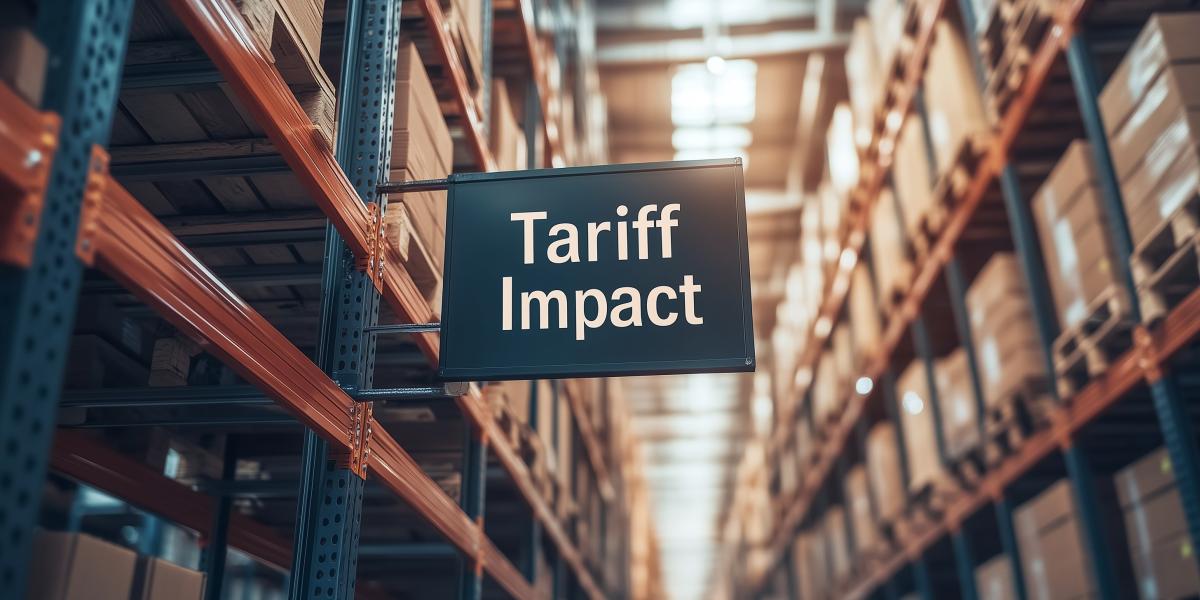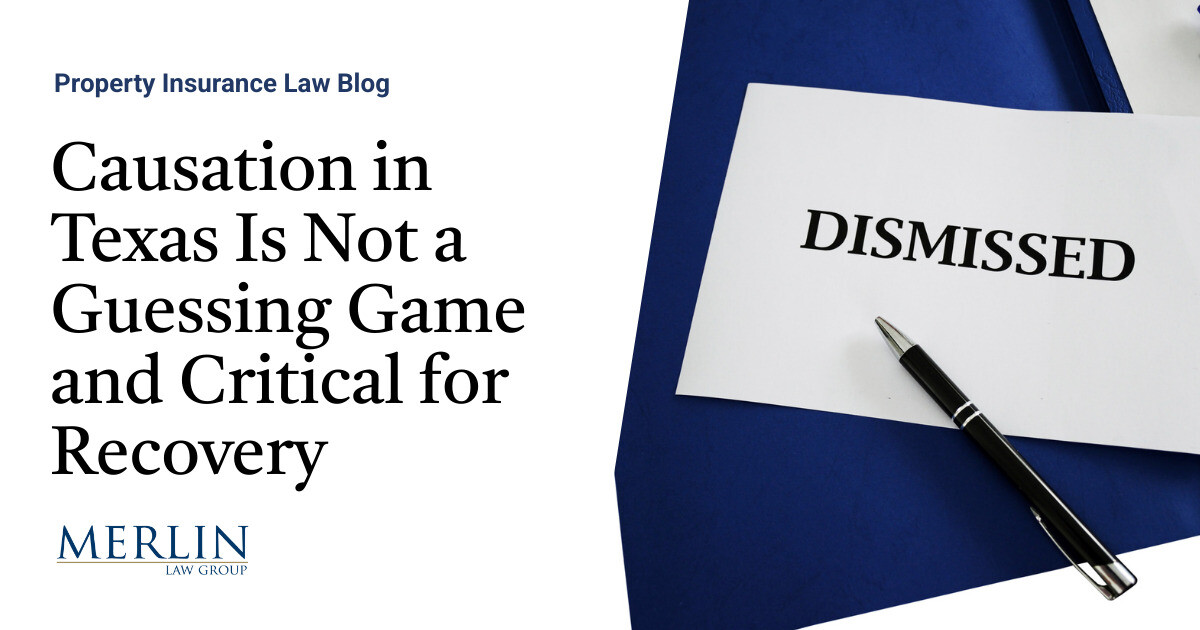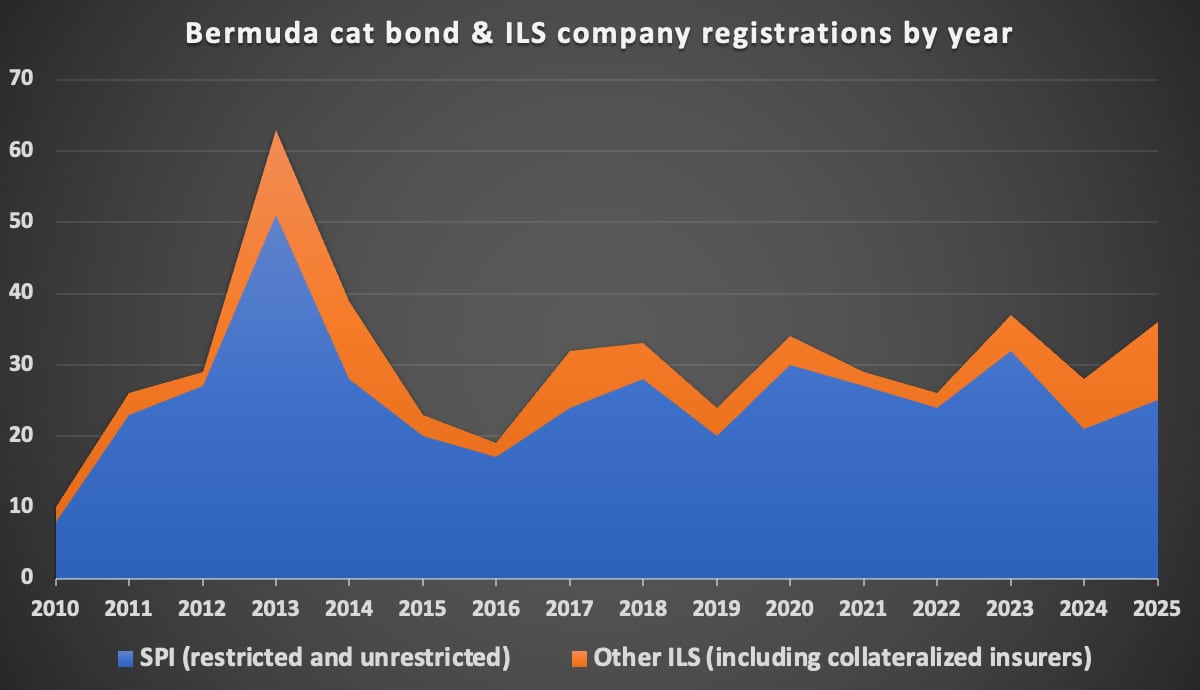It should come as no surprise to anyone that the UK has a fraud problem. Bosses at UK Finance, HSBC and NatWest have recently called out Companies House for, once again, facilitating business fraud.
While Companies House has long been an easy target for fraudsters, the main aim of the online register has been to reduce fraud by requiring specific company information to be made public. Yet, criminals have been abusing the system to set up UK-registered
companies which have been misused to launder money or facilitate crime. Fraud on Companies House is not a new issue, but the fact that fraud still remains at large on the register is a major problem. However, with the rise of new verification technologies,
Companies House’s days as a facilitator of fraud and money laundering in the UK should be numbered.
A deeper dive: how does Companies House facilitate fraud?
Between 2017 and 2019, the anti-corruption group,
Transparency International UK, found 929 British companies listed on Companies House that had been involved in 89 cases of corruption and money
laundering. Through using Companies House data, they also found 17,000 legal entities controlled by at least one individual or company found to be involved in an economic crime. While it’s hard to measure exactly how much fraud has been facilitated via Companies
House, it has amounted to an estimated £137 billion pounds in economic damage so far.
Up until recently, Companies House has not had the power to check, verify, or even question, the information provided to set up a company. For institutions that use Companies House data in their KYB verification processes and rely on the information listed
as being accurate and up to date, this has led to significant problems.
The government’s long awaited
Economic
Crime Bill will finally introduce some initial reforms to Companies House including providing it with more effective investigation and enforcement powers, enhancing the protection of personal information, and introducing identity verification for certain
listed members of a company. Yet, these issues won’t solve the core issue: verification of information on Companies House is inefficient, ineffective, and has held back UK businesses and the wider economy.
Building a new House
The question remains: how can Companies House be rebuilt? Better information verification, fuelled by technology, would effectively overhaul Companies House to ensure accurate, up to date, and, most importantly, trustworthy information is available to businesses,
instantly. Especially in a modern world which relies on real-time payments, straight-through-processing and quick onboarding, Companies House needs to be just as efficient at verification.
Know-Your-Customer (KYC) checks on directors and people with significant control (PSCs)
Proper identity verification and checks of the individuals who are registering the company is the most essential part of reforming Companies House.
Identity verification technology is already widely used by many banks when new customers are setting up an account because it provides accurate and rapid verification and could be utilised by Companies House. Identity verification, especially via facial
recognition technology, would allow Companies House to determine if a person is who they say they are, and would immediately flag identity fraudsters.
In addition to identity verification, Companies House needs to screen for politically exposed persons (PEPs) and sanctioned individuals and conduct adverse media checks. This could be done by scanning the sanctions list and databases that contain lists of
such individuals while adverse media checks should be run on individuals to flag any concerns before their company application is approved.
To effectively screen and monitor company directors at the point of company creation, and throughout the company’s life to ensure it’s meeting the highest KYC requirements, Companies House needs to utilise a variety of data sources, such as the EU Sanction
List, OFAC, UN Terrorism Lists and His Majesty’s Treasury. Registration data on Companies House should come from multiple sources including the registering user, and additional, secondary information, pulled from a mix of verified data sources. This additional
layer would be essential in verifying the user’s data is both accurate and legitimate.
Updating data in real-time
All provided information would ideally be updated in real-time to ensure ongoing accuracy. Ongoing PEPs, sanctions screening, and adverse media checks need to be run frequently, not just at the point of company creation. This would flag fraudulent actors
and any companies they are listed on as directors or people with significant control, in real-time. Risk assessment scores based on what information surfaces about a flagged individual would alert anyone accessing and utilising the data to any potentially
illegal behaviour.
Through partnering with secondary data providers, Companies House could keep the information up to date in real-time and avoid additional fraud that could surface while a registered company is operational.
To allow Companies House to continually update the information they have, businesses could also flag when suspected fraudulent activity is at play. Currently, this process is clunky and slow, requiring businesses to individually get in touch with Companies
House to report a suspected case of fraud. Which is discouraging to say the least. Businesses need to have a direct, and frictionless, way of reporting fraud to Companies House that results in meaningful action.
Positive impacts of a rebuilt and reformed Companies House
The significance of a reformed Companies House is not to be understated. It would have profound impacts in the UK, and globally, with the more stringent identity verification requirements lessening fraud and money laundering in the financial system. This
would create a more efficient regulatory environment, which would no longer have the need for stricter Economic Crime Levys or additional AML directives, allowing regulators and businesses to better support customers through the elimination of onboarding friction.
Further, a reformed Companies House would minimise fines for banks and overall operating costs as a result of a streamlined process. For example, NatWest spends close to £500 million a year on fraud prevention, with 9% of its workforce focused on preventing
economic crime – a significant allocation of money and resources due to the shortfallings of Companies House.
Companies House needs stronger foundations and more assured footing so that banks and any other regulated entities who perform AML or KYB checks as part of their onboarding, or general screening processes, are able to act with confidence in who they are
doing business with. However, at the end of the day, compliance officers need to learn from Companies House and take matters into their own hands, so that they aren’t only relying on Companies House as their bible. Capturing full risk decisioning data and
ongoing checks, such as PEP, sanctions, and adverse media checks, without solely relying on Companies House, should be the foundations on which banks and businesses build their fraud and money laundering prevention.


































